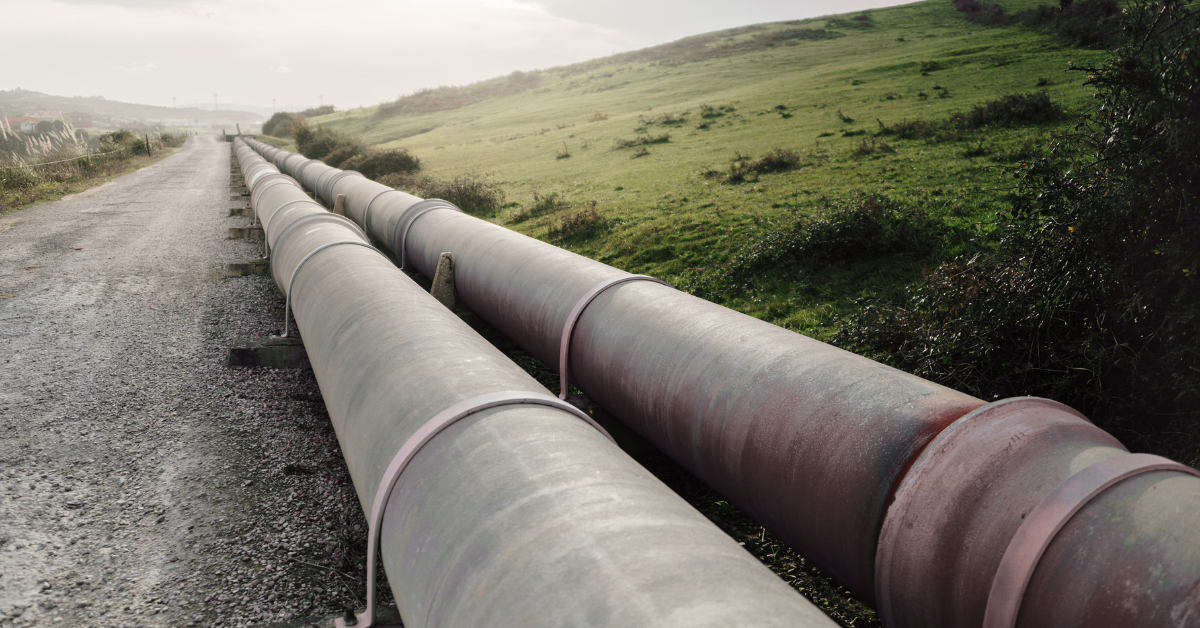B.C.’s decision to support a 40 per cent capacity increase to the Trans Mountain pipeline system marks a notable shift in Canada’s energy landscape. After years of opposition to the original expansion, the province is now backing an optimization plan that could move more Alberta crude to the West Coast as early as 2026. The move may have been inspired by talks between Alberta and Ottawa and the possibility of a new northern BC pipeline.
The proposal, championed by Trans Mountain’s leadership and backed by the B.C. government, includes new pipe added along the existing route, upgraded pump stations, drag-reducing agents, and dredging at the Westridge terminal so tankers can load more efficiently. Early estimates place the cost at $3–$4 billion, significantly lower than constructing an entirely new line. Analysts note the system could add roughly 360,000 barrels per day, easing pressure on export routes and strengthening Canada’s access to Asian and West Coast markets.
This matters because pipelines and corridors are re-emerging in the national conversation as solutions for Canada to boost trade and economic independence while enhancing energy reliability and security. As Trans Mountain is still owned by the Canadian government and has not yet returned to private investment as once planned, optimization represents a practical, low-risk step that can be delivered faster than starting a new project.
Engaged women consistently highlight the link between infrastructure, affordability, and long-term prosperity. CPW’s research shows 79 per cent support building a national energy corridor that includes pipelines for oil and natural gas. They want policies that keep energy reliable and affordable while supporting economic growth.
